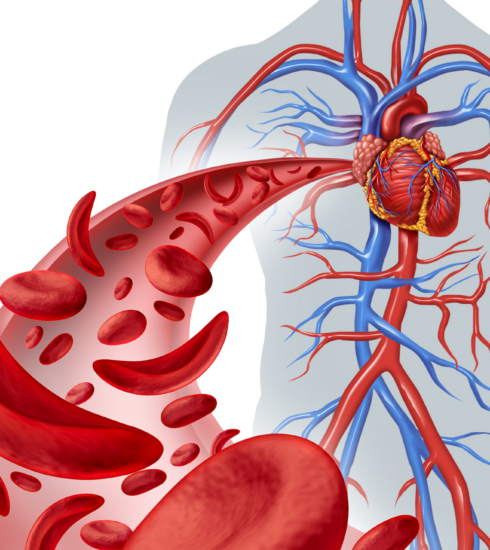Mind Your Gut Health
The next time you experience stomach discomfort, bloating or gas, think beyond the over-the-counter medicine for temporary help. Think about your gut health. An unhealthy gut has been linked to many ailments including unintentional weight change, fatigue, skin problems, food allergies, autoimmune conditions and even depression.
What is gut health?
Gut health is the balance of microorganisms that live in the digestive system. Around 100 trillion bacteria, yeasts and viruses all thrive together in the gut, digesting foods and passing nutrients along to the rest of the body. When the gut is imbalanced, chaos can ensue and lead to some of the conditions mentioned above.
How to get your gut health back in balance
A balanced gut environment can be maintained by eating probiotics. Probiotics are foods or supplements that contain live microorganisms to maintain or improve the “good” bacteria in the body.
Probiotic foods
- Kefir
- Sauerkraut
- Kimchi
- Kombucha
- Tempeh
- Miso
- Yogurt
- Supplements
In addition to eating foods or supplements containing probiotics, it’s important to feed the gut prebiotics. Prebiotics are foods (typically high-fiber foods) that act as food for probiotics, enabling them to do their job in keeping gut health in balance. Prebiotics have also been shown to improve metabolic health and even help prevent certain diseases.
Prebiotic foods
- Chicory root
- Dandelion greens
- Jerusalem artichoke
- Garlic
- Onions
- Leeks
- Asparagus
- Bananas
- Barley
- Oats
- Apples
- Flaxseeds
In addition to eating probiotic and prebiotic foods, avoid taking antibiotics unnecessarily, reduce stress, exercise, avoid smoking and adopt a vegetarian diet for optimal gut health.
*Always consult your physician when taking supplements.











1 Comment
4 Common Causes of Migraines – Blk and Fit
4 years ago[…] more illnesses are linked to an unhealthy intestinal environment. Nurture a healthy gut by eating prebiotic foods, adding probiotics to the diet as well as Omega-3 fatty […]
Comments are closed.